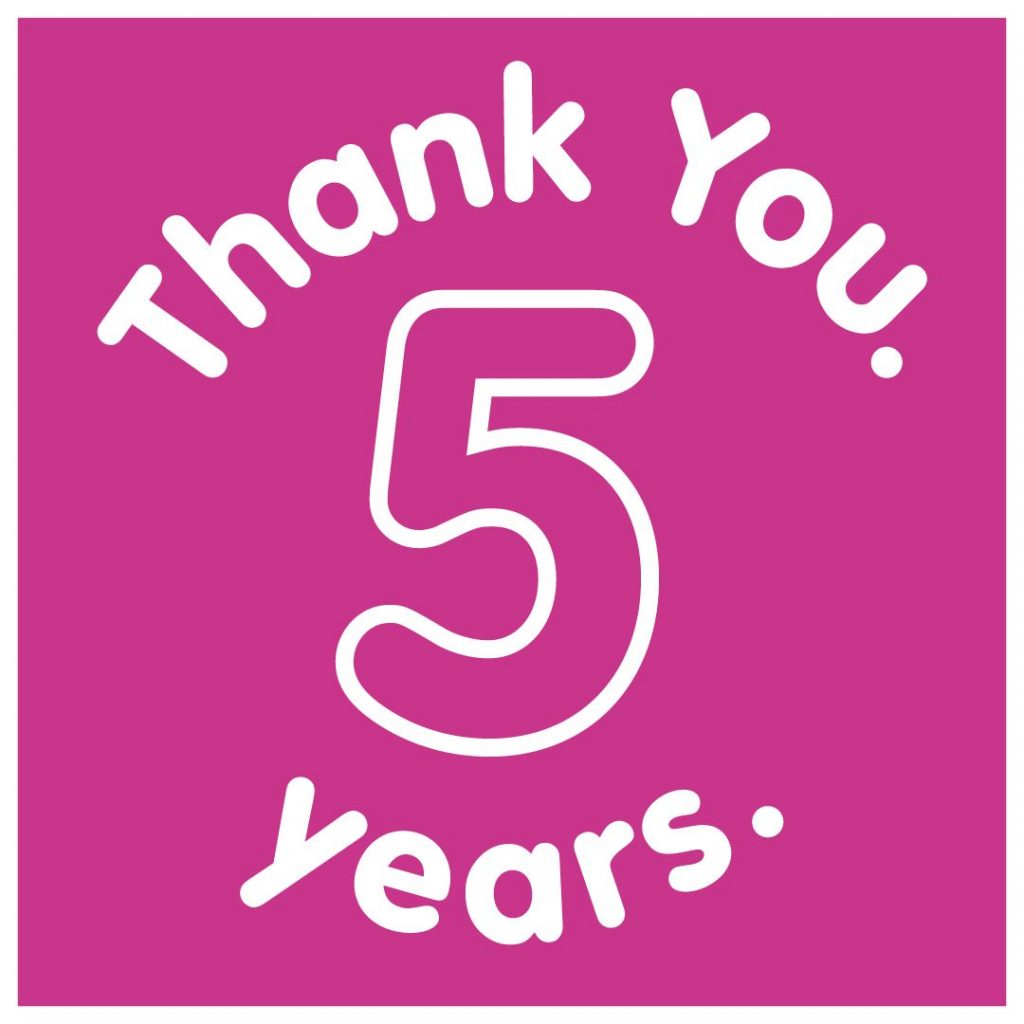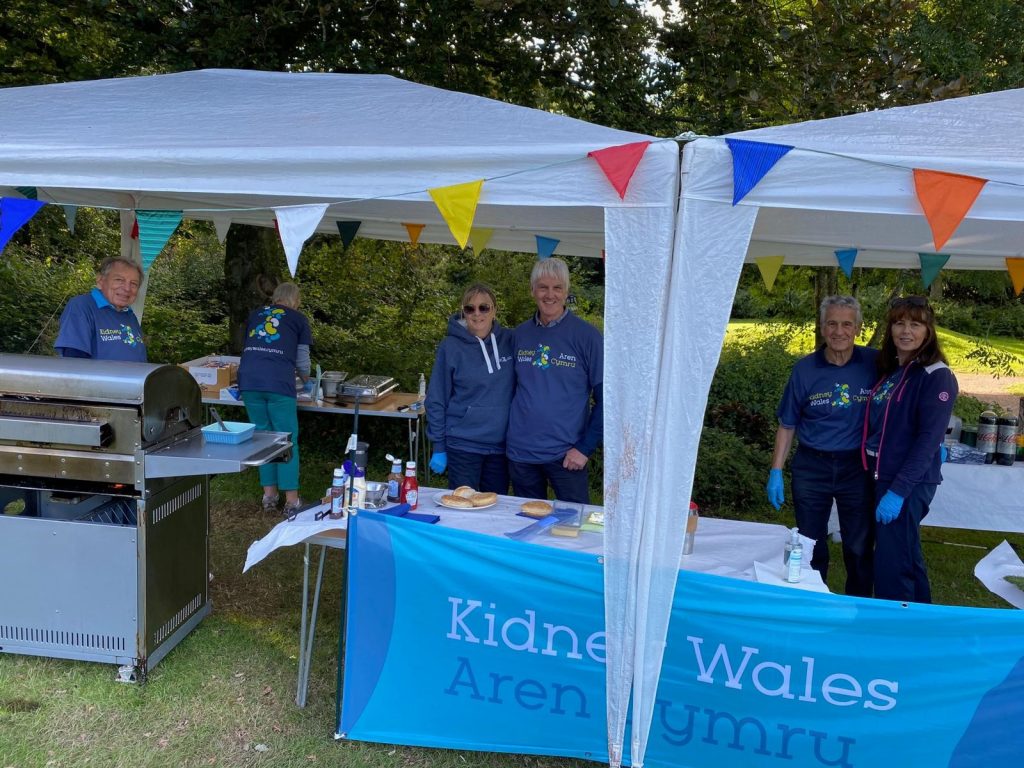Did you know it’s five years since the law was passed?

Today, Tuesday 1st December 2020, marks five years since the introduction of the soft opt-out system in Wales. 8 out of 10 people on the transplant list are waiting for a kidney. Kidney Wales campaigned for eight years to support the best outcome possible for kidney patients in Wales.
In 2015 the legislation for Wales has been ‘deemed consent’. This means that if you haven’t registered an organ and tissue donation decision, you will be considered to have no objection to becoming a donor.
Judith Stone our Managing Director says “One of the most significant achievements in the history of Kidney Wales was our leadership role in the pioneering ‘People Like Us’ campaign which undertook important ground work in engaging people about the Opt-Out legislation in Wales. Today Organ Donation Week continues to be a prominent part of our calendar, celebrated through education and awareness raising activities. We regularly hear from people for whom the precious gift of a transplant has given a much needed new lease of life, not just for the individual but also for their families and loved ones. With 8 out of 10 people on the transplant waiting list in need of a kidney, it is absolutely vital that we keep having the conversation and changing lives.”
Since 2015, the consent rate in Wales has significantly improved. In this time, the consent rate in Wales has significantly improved, increasing from 58% in 2015 to 69% in 2019 – the highest in the UK. The stats are huge, but we, as a country, still have a long way to go.
Kidney Wales Trustee and Transplant Surgeon Dr Mike Stephens says “The opt out legislation has been a huge positive in so many ways. We shouldn’t forget that there really wasn’t unanimous opinion that this was the right way to advance organ donation, and it was only with strong pressure from groups especially Kidney Wales that this change came about. Since deemed consent has been introduced we have seen Wales move from a consent rate for organ donation that was the lowest in the UK, to the highest, with figures now very close to what we know is representative of the populations actual opinion. The success has persuaded both England and Scotland to follow us, and we have recently heard that Northern Island are also now looking to follow. Leading the UK on important areas such as this is testament to a careful implementation process where the public and patient groups were central to change, and we’ve been very fortunate in having strong political leadership and support from Welsh Government too. Working in organ donation and transplantation in Wales has been a very positive experience and we are all very proud of what our country has achieved.
Across the country family refusals are the main reason that organ donation is not able to go ahead. Where the decision to donate has never been discussed.
Organ Donation Wales is encouraging you to think about your choice, register it, and make the decision clear to loved ones.
As of September 2020, there are still 170 people people waiting on the organ transplant list in Wales. Together in Wales, you can help save even more lives by raising awareness of the incredible impact of organ donation and the impact it has on recipients lives. You can continue to help fund life changing projects like this by donating today. You can donate to Kidney Wales through our website, Facebook and Instagram pages.
For more information on the campaign, how to get involved and how to register your decision, visit https://gov.wales/organ-donation-campaign or follow @OrgDonationCym.
David’s Story
To help us mark the 5year anniversary of the introduction of the Opt-Out law, David Webster shares his story with us. David was the first recipient of a Hepatitis C transplant, and he tells us how it “has given me [him] a new lease of life”. Here he tells us his journey and the involvement he had in this ground breaking moment.

David (far left) with his Golf Club Friends, raising funds for Kidney Wales
I must begin with a confession: in the early 1970’s I worked for a year as a trainee surgeon in the embryo transplant unit at the Cardiff Royal Infirmary when the total experience was in low double figures. During my subsequent career I maintained an interest in how transplantation developed so I had an advantage over most when considering my own response to developing end-stage renal failure. The surgical techniques for transplantation are essentially the same but everything else has changed enormously. The management of rejection, the organisation of a national database, the preservation and transportation of donor organs and general medical care of the critically ill are all unrecognisable. It is these improvements that allow the contemporary patient to face the prospect of transplantation with equanimity.
Every system has a rate limiting factor and for transplantation this is the provision of donor organs. While for a few a live donor organ is available for most of us who develop end-stage renal failure the kidney comes from a deceased donor. Two initiatives in Wales have increased the supply of deceased donor organs compared to England. The first was the adoption of presumed consent in 2015. A recent publication clearly shows that a greater proportion of potential donors are used in Wales (Madden et al 2020). Internationally the increased uptake rate for opt out systems varies between 21 and 73 percent (Ahmad et al 2019). One of the paradoxes of the Welsh system is that the discussions surrounding the debate was the increased number of people opting into organ transplantation. The second initiative, of which I was a beneficiary, was the decision to use hepatitis-C positive patients as donors. This comes following the introduction of a safe and effective antiviral treatment for hepatitis C.
My transplant has given me a new lease of life and my family seem pleased that I am still around. I have more energy and can concentrate better which leaves me with the problem of how to thank all those who made this possible. I can of course thank personally those to whom I come in contact; but what about all those behind the scenes: the transplant registry, the laboratory works who analyse the bloods to give but two examples of those who as patients we never meet but most of all to the donor of the kidney of whom I know absolutely nothing. Clearly, I need to behave sensibly and look after my new kidney but beyond this I think I have a duty to help society by contributing to it. I have started to do so, even within the limitations posed by the covid-19 pandemic, and look forward to doing so for years to come. Whether my efforts are effective or not is for others to judge but at least I can look in the mirror and know that I have tried.